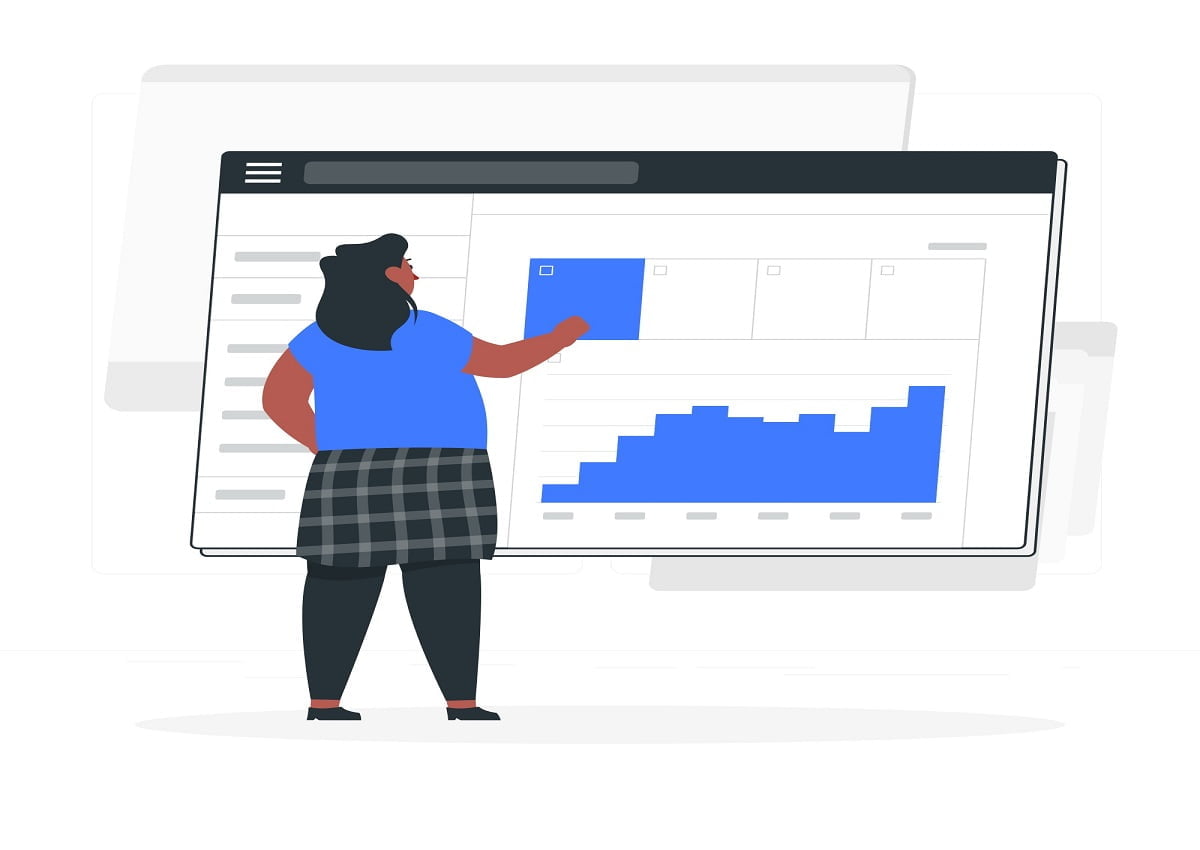Boosting Your Search Ranking with Off-Page Optimization

Are you looking to improve your website’s visibility and rank higher in search engine results? Off-page optimization techniques can play a crucial role in boosting your search ranking. By focusing on factors outside of your website, such as backlinks, social media signals, and online reputation management, you can enhance your website’s authority and relevance in the eyes of search engines. In this article, we will explore various off-page optimization strategies that can help drive organic traffic and improve your overall search ranking.
What is Off-Page Optimization
Building High-Quality Backlinks
Backlinks are an essential aspect of off-page optimization that can significantly impact your search ranking. By obtaining high-quality backlinks from reputable websites, you can signal to search engines that your content is valuable and trustworthy. Here are some effective strategies for building high-quality backlinks:
1. Guest Blogging
Guest blogging involves writing and publishing articles on other websites within your niche. By providing valuable content to these sites, you can usually include a link back to your own website within the author bio or article body. Look for authoritative websites that accept guest posts and ensure your content aligns with their audience’s interests.
Sharing your content on social media platforms not only increases its visibility but also offers opportunities for others to link back to your website. When your content resonates with people, they may share it on their own blogs or social media profiles, driving traffic and creating valuable backlinks.
3. Influencer Outreach
Identify influential individuals or brands within your industry and reach out to them with personalized pitches. Collaborating with influencers can lead to guest post opportunities, mentions, or even interviews, all of which can generate high-quality backlinks. Building relationships with influencers can also open doors to future partnership opportunities.
4. Resource Link Building
Resource link building involves creating valuable resources, such as guides, ebooks, or industry reports, and then reaching out to relevant websites to suggest linking to your resource. Websites that provide information on your niche may find your resource valuable and link to it as a reference, providing you with a high-quality backlink.
Remember, when building backlinks, quality is more important than quantity. Focus on obtaining backlinks from authoritative websites that are relevant to your niche. Quality backlinks not only boost your search ranking but also drive targeted traffic to your website, increasing your chances of conversions and success.

Social Media Signals and Engagement
Social media signals and engagement play a crucial role in off-page optimization strategies. Search engines consider social media activity as an indicator of a website’s popularity and relevance. Here are some key points to consider when leveraging social media for improving your search ranking:
Focus on creating high-quality and engaging content that users will want to share on social media platforms. By producing valuable content, you increase the chances of it being shared, liked, and commented on, which can lead to greater visibility and reach.
2. Encourage Social Sharing
Include social sharing buttons on your website to make it easy for visitors to share your content with their social media networks. These buttons allow users to instantly share your articles, blog posts, or products on platforms such as Facebook, Twitter, LinkedIn, and more.
3. Engage with Your Audience
Actively engage with your audience on social media by responding to comments, messages, and mentions. Show genuine interest in their feedback and initiate conversations. By actively participating and fostering a community, you can increase your brand’s visibility and reputation.
4. Collaborate with Influencers
Identify influencers within your industry or niche and collaborate with them to amplify your reach. Influencers have a dedicated following and can help promote your content, products, or services to their audience. This can result in increased social media signals and engagement for your website.
5. Monitor and Analyze
Regularly monitor and analyze your social media performance using tools like Google Analytics, social media analytics platforms, or built-in analytics features on different social networks. This data will provide insights into which strategies are working well and allow you to make data-driven decisions.
By incorporating social media signals and engagement into your off-page optimization efforts, you can enhance your website’s visibility, attract more organic traffic, and ultimately boost your search ranking.
Guest Blogging and Influencer Outreach
Guest blogging and influencer outreach are important strategies to improve your search ranking and enhance your website’s online visibility. These tactics involve collaborating with industry experts, influencers, or popular bloggers to create high-quality content that is then published on their websites or social media platforms.
By guest blogging on authoritative websites or partnering with influential individuals in your niche, you can tap into their existing audience and gain exposure to a wider range of potential customers. This can significantly boost your website’s traffic, credibility, and search engine rankings.
When engaging in guest blogging or influencer outreach, it is crucial to find relevant websites or influencers that align with your industry or target audience. Look for platforms or individuals with a strong online presence and a high domain authority to ensure that your content reaches the right audience and carries more weight in terms of SEO.
Before reaching out to potential guest blogging opportunities or influencers, it’s a good idea to familiarize yourself with their content and audience. This will allow you to create valuable, targeted content that resonates with their readers and followers, increasing the likelihood of them accepting your guest post or collaboration proposal.
When crafting your guest blog post, make sure it provides unique and valuable insights that are not readily available elsewhere. Focus on delivering high-quality content that provides practical solutions, useful tips, or expert opinions related to your industry. This will not only help you establish yourself as an authority in your field but also encourage the readers to visit your website for more information.
Additionally, include relevant links back to your website within the guest post. These backlinks are not only valuable for driving traffic, but they also contribute to your website’s SEO by signaling to search engines that your site is reputable and trustworthy.

Online Reputation Management
Online reputation management is a crucial aspect of off-page optimization that can greatly impact your search ranking. In today’s digital era, a company’s online reputation plays a significant role in attracting potential customers and building trust with existing ones. Therefore, it is essential to actively manage and monitor your online reputation to ensure a positive perception of your brand. Here are some effective strategies for effective online reputation management:
1. Monitor Online Mentions
Regularly monitor online mentions of your brand, products, or services across various platforms such as social media, review websites, and forums. This allows you to stay updated on what people are saying about your business and address any negative comments or reviews promptly. By addressing concerns and providing satisfactory solutions, you can demonstrate your commitment to customer satisfaction and improve your brand’s reputation.
2. Engage with Customers
Engaging with customers is crucial for building a positive online reputation. Respond to customer inquiries, comments, and reviews in a timely and professional manner. Show genuine interest in addressing their concerns and providing helpful information. By actively engaging with your audience, you can foster trust, loyalty, and positive word-of-mouth, which can significantly enhance your online reputation.
3. Encourage Positive Reviews
Positive reviews can greatly influence potential customers’ perception of your brand. Encourage satisfied customers to leave reviews on platforms such as Google My Business, Yelp, or industry-specific review websites. You can send follow-up emails, provide incentives, or simply ask for feedback. Ensure that the process is easy and convenient for customers to leave reviews, as this increases the likelihood of receiving positive feedback.
4. Address Negative Feedback
Negative feedback is inevitable, but how you handle it can make a significant difference in your online reputation. When encountering negative reviews or comments, avoid getting defensive or ignoring them. Instead, respond calmly and empathetically, offering solutions or a way to rectify the situation. By addressing negative feedback in a professional and constructive manner, you can show potential customers that you genuinely care about their satisfaction.
5. Utilize Online Public Relations
Online public relations can be an effective way to manage your brand’s reputation. Collaborate with influencers, bloggers, and reputable websites to create positive content about your brand and products. Guest posting on influential platforms within your industry can help you reach a wider audience and improve your brand’s visibility. Additionally, actively participating in online discussions and contributing valuable insights can establish you as an industry thought leader.
Local SEO and Business Directories
Local SEO plays a crucial role in boosting your search ranking and attracting customers from your targeted geographical area. By optimizing your website for local searches, you can improve your visibility in local search results and increase your chances of getting discovered by potential customers nearby.
One effective way to enhance your local SEO is by listing your business in popular online directories. These directories serve as a valuable resource for people searching for specific products or services in their local area. By having your business listed in these directories, you increase your online presence and make it easier for potential customers to find you.
When listing your business in directories, make sure to provide accurate and up-to-date information such as your business name, address, phone number, and website URL. Consistency in your business information across different directories is crucial for building trust with both search engines and users.
Some popular online directories to consider include Google My Business, Yelp, Yellow Pages, Bing Places, and TripAdvisor. Additionally, there might be industry-specific directories that are relevant to your business. Take the time to research and identify the directories that are most relevant to your industry and target audience.
Optimizing your business listings in directories involves more than just filling out the basic information. You should also take advantage of the additional features offered by these directories. For example, you can add photos, videos, a detailed description of your business, customer reviews, and even special offers or promotions. These extras can help you stand out from competitors and attract more customers.
Furthermore, actively engaging with customer reviews on these directories is crucial for managing your online reputation. Responding to both positive and negative reviews shows that you value customer feedback and are dedicated to providing excellent service. This can positively impact your search ranking and improve your overall reputation.
Remember, local SEO and business directories are powerful tools for increasing your online visibility and attracting local customers. By optimizing your website for local searches and leveraging the features offered by online directories, you can boost your search ranking and drive more traffic to your business.
Conclusion
In conclusion, off-page optimization plays a crucial role in boosting search rankings and increasing the visibility of a website. By implementing effective strategies such as link building, social media marketing, and influencer collaborations, website owners can improve their website’s authority and credibility in the eyes of search engines. Off-page optimization not only helps in driving organic traffic but also enhances the overall user experience. Therefore, it is essential for businesses and website owners to incorporate off-page optimization as part of their digital marketing strategy to achieve higher search rankings and ultimately, drive more traffic to their websites.





